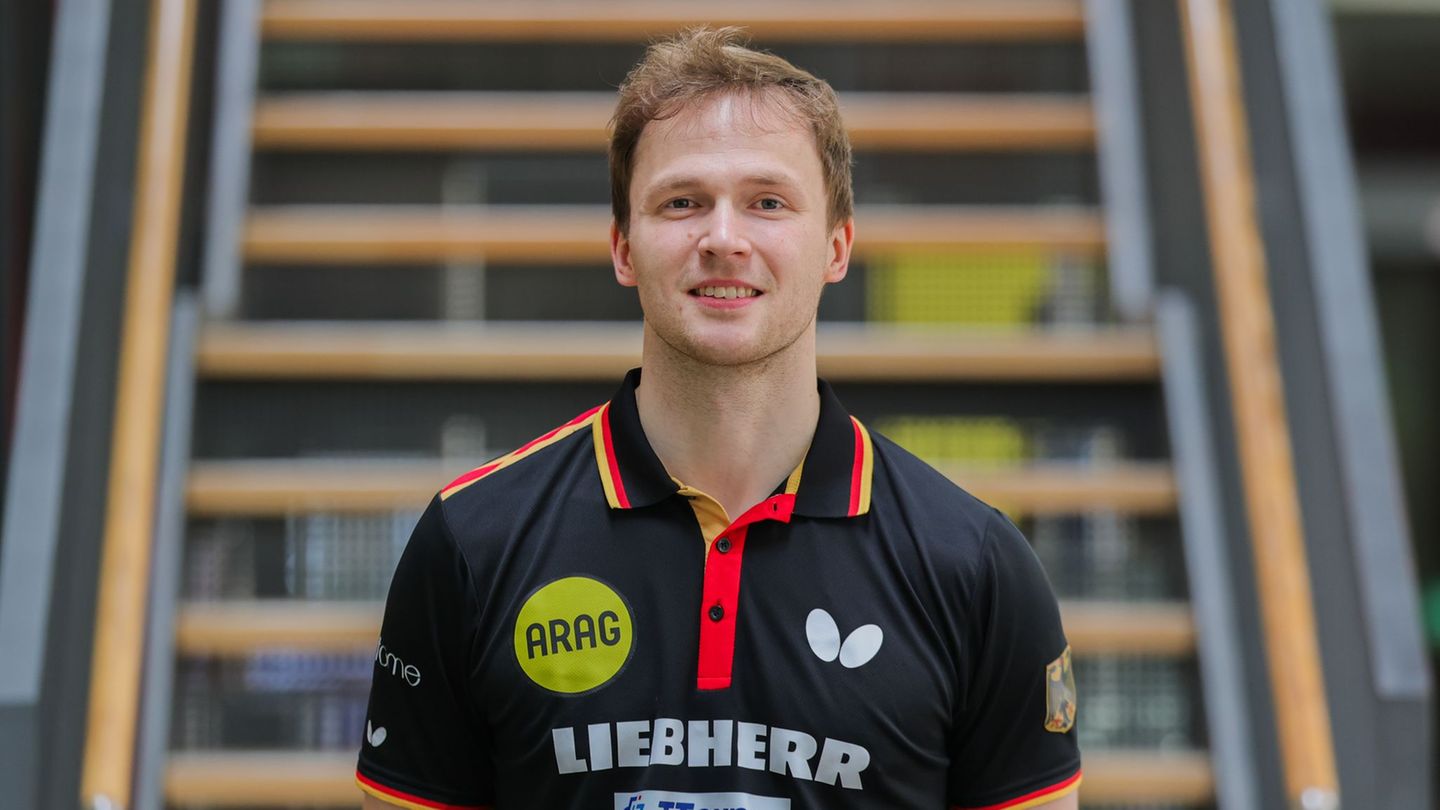The days of nationwide corona requirements are numbered – that’s a done deal. But the contagion is still spreading rapidly.
Under the pressure of high corona infection numbers, further protective measures in many regions of Germany are coming into focus.
Federal Health Minister Karl Lauterbach called on the federal states to take quick countermeasures with additional everyday requirements under the controversial new Infection Protection Act. “We can’t let it go like this,” said the SPD politician. Demands came from several countries to keep the applicable protection rules in force longer than just the beginning of April. Lauterbach called on all non-vaccinated people to get vaccinated because of the highest risk of infection so far.
According to the Robert Koch Institute (RKI), the spread of the virus continued to accelerate. “The pandemic is not over yet, on the contrary,” said President Lothar Wieler in Berlin. “Each week more than 1000 people die in connection with an omicron infection in our country.” Within a week, around three percent of the population had recently tested positive. The seven-day incidence continued to rise to the peak of now 1756.4 – after 1752.0 new infections per 100,000 inhabitants in seven days the previous day. 288 more deaths were registered in 24 hours. The health authorities reported 296,498 new cases in one day – in fact it should be more than twice as many, said Lauterbach with a view to a high number of unreported cases.
«There can be no question of a ‘Freedom Day’»
The minister spoke of a severe corona wave. “There can be no talk of a ‘Freedom Day’ – quite the opposite”. In clinics, the workforce is heavily infected, and sometimes there is emergency operation. A situation had arisen in which one could not simply wait until better weather eased the situation. It is necessary to react “immediately and quickly”. The federal states must now use the “hotspot” regulation provided for in the new nationwide legal framework.
However, further crisis management is under acute time pressure – and marked by open anger between the federal and state governments. Because against concentrated protests from the federal states, the traffic light coalition pushed through a new nationwide legal basis that only allows a few general protective rules, for example for masks and tests in facilities such as clinics and nursing homes. After a transitional period until April 2nd, however, the federal states can impose further restrictions, for example with more mask requirements and access rules for regional “hotspots” if the state parliament determines a critical situation for them.
Holetschek: “Hotspot provisions too vague”
By the end of next week, follow-up regulations should be in place – but the implementation is controversial. North Rhine-Westphalia, Bavaria, Hesse, Baden-Württemberg and Saarland called for the stricter rules that were possible until April 2 to be extended by four weeks. That would allow protective measures to be maintained without the need for resolutions by the state parliaments, said NRW department head Karl-Josef Laumann (CDU) of the German Press Agency. His Bavarian colleague Klaus Holetschek (CSU) told the dpa: “The hotspot provisions are far too vague and simply do not allow the implementation of legally secure regulations.” It is difficult to say to the citizens: “We’ll try and see if it lasts or not.”
Thresholds from when a region is a hotspot are not quantified in the law. The general prerequisite is that there is a risk of overloading the clinic capacities due to the particularly high number of cases. Lauterbach responded to the criticism and named four criteria for this: if clinics could no longer provide emergency care, if they had to cancel planned interventions or move them to other houses, and if a minimum presence of nursing staff was not possible.
Lauterbach reiterated that hotspots can cover entire federal states – if there is a risk of overload everywhere. There is no dissent in the government. This Monday he wants to talk to his country colleagues about the implementation and called for cooperation. “Mutual allegations aren’t getting us any further at the moment.” The FDP MP Stephan Thomae defended the course of the coalition as a “real paradigm shift” away from blanket, nationwide restrictions on freedom to tailor-made measures.
Lauterbach is again promoting compulsory vaccination
Lauterbach made an urgent appeal to the unvaccinated to have at least an initial, already protective vaccination. With the high number of cases, they could hardly avoid being infected and would have to expect to become infected in the next few days. “Anyone who says to themselves that I’ve been through the pandemic for two years and have never been infected – they have to remember that the risk is now higher than it has ever been for them.”
The minister advocated taking a more offensive approach to fourth vaccinations – i.e. a second “booster” after basic protection with two injections. There are 13.5 million people over the age of 70 for whom this is recommended. So far, however, only ten percent of people who are eligible for a fourth vaccination have had it. Lauterbach again campaigned for approval in the Bundestag for general corona vaccination.
Source: Stern
David William is a talented author who has made a name for himself in the world of writing. He is a professional author who writes on a wide range of topics, from general interest to opinion news. David is currently working as a writer at 24 hours worlds where he brings his unique perspective and in-depth research to his articles, making them both informative and engaging.




